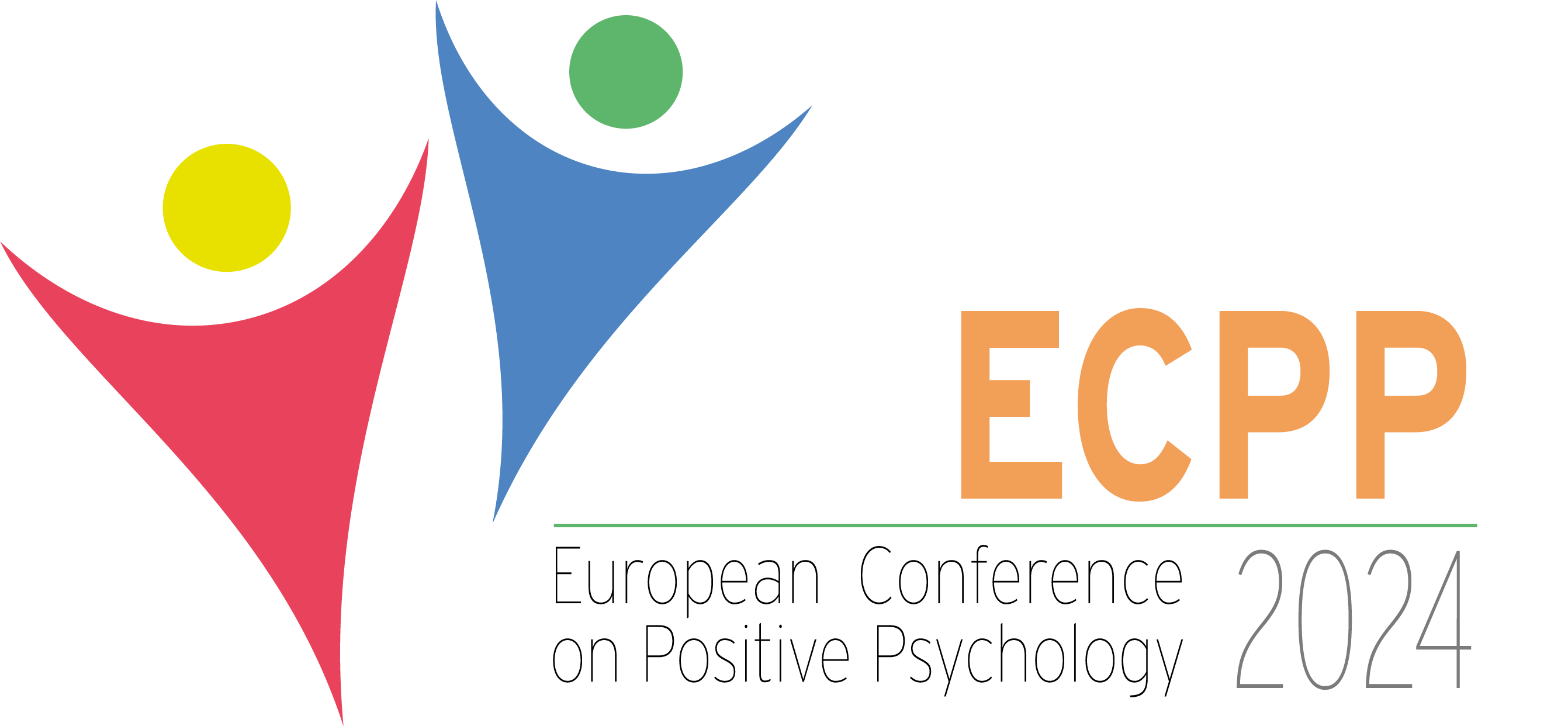Positive Psychotherapy: Integrating Symptoms & Strengths to Enhance Resilience and Wellbeing
Abstract
Positive psychotherapy (PPT) is a therapeutic approach broadly based on the principles of positive psychology. This workshop will help you to understand the wholeness of clients—neither they are conglomerates of symptoms nor embodiments of strengths but individuals with symptoms and strengths. You will have the opportunity to comprehend the theoretical foundations and practice skills of integrating the yin-yang of clients. This integration, in turn, will likely build resilience among clients so they can encounter their own sadness, anxiety, anger, ambivalence and relational issues.
The experiential activities of the workshop will help you to acquire skills necessary to cultivate positive emotions, strengthen positive relationships, and imbue lives with meaning and purpose--elements that can be tremendously motivating, empowering, and therapeutic.
Despite its name, this workshop on PPT is not only about positives. With the help of case vignettes and video illustrations, you will learn how to conduct a strength-based therapeutic approach that neither dismisses the severity of psychological distress nor naively minimizing clients’ genuine concerns.
The workshop will provide a comprehensive package including presentation slides with detailed notes, treatment manual with directions about how to conduct a structured PPT, with case illustrations, cultural fit, ways to maintain therapeutic gains and a plethora of resources for each exercise and free access to comprehensive positive assessment.
Learning Objectives:
- Learn theoretical foundations of Positive Psychotherapy
- Learn skills and strategies to identifying and using character strengths
- Learn skills to integrate stressors and strengths in personally contextualized ways to mitigate stress and enhance wellbeing
- Develop awareness about ethical concerns which may undermine treatment
- Learn to integrate PPT skills and strategies with other well-established treatments
Exercises
- Story of Resilience
- Signature Strengths Profile
- Open-book & Closed Memories
- Gratitude
- Positive Relationships
- Savouring
- Positive Legacy
About Tayyab Rashid
Dr. Tayyab Rashid is a senior lecturer at the Centre for Wellbeing Science, University of Melbourne. Dr. Rashid is also a faculty associate with the Human Flourishing Program at Harvard University and a faculty at the Values in Action Institute on Character. Dr. Rashid’s expertise includes strength-based clinical psychotherapy with complex mental health challenges, resilience and posttraumatic growth. Dr. Rashid has also worked with individuals experiencing severe trauma, including survivors of the Asian Tsunami of 2004, 9/11 families, refugee families and journalists who have worked in high-conflict zones and with survivors of mass shootings. Dr. Rashid has delivered more than fifty invited talks and keynotes and trained mental health professionals and educators internationally. Published in academic journals, Dr. Rashid’s book Positive Psychotherapy (2018), co-written with Martin Seligman, is considered one of the most comprehensive clinical resources in the field and has been translated into several languages so far. Dr. Rashid won the Outstanding Practitioner Award (2017) from the International Positive Psychology Association (IPPA).

